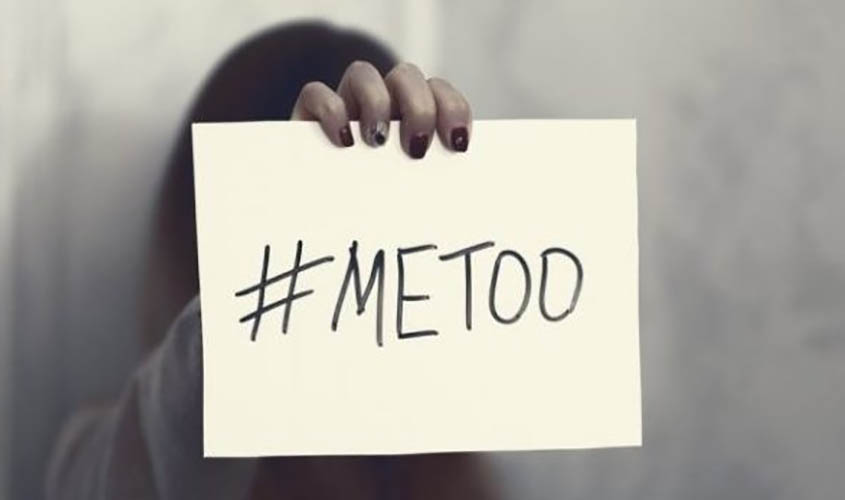On the face of it, the MeToo movement in India can be dismissed as a dangerous trend, as trial by the media today and by mob tomorrow. A closer scrutiny, however, will show that it may not be that bad; at least, it can help make workplaces safer for women.
Discomfort about the movement arises from two factors. First, it inverts a principle of natural justice: the accused becomes guilty until proven innocent. As Annika Hernroth-Rothstein, a Sweden-based journalist and political adviser wrote in the American conservative magazine National Review (20 October 2017): “If a person is the victim of a crime, that crime should be reported and the accused should have a right to face his or her accuser. This to avoid a trial-by-mob, and to keep people from losing their jobs and having their reputations ruined by a hashtag rather than proof and due process.”
Further, she wrote, “inappropriate comments are not the same thing as groping, which is not the same thing as rape, and I believe those distinctions matter. If we deem them all equally enraging, they will all eventually be dismissed as ‘hysteria,’ and that is a very dangerous development.” Valid points.
Second, the vanguard of this movement in India mostly comprises feminists and intellectuals whose agendas are doctrinaire, who want to impose their discredited Left-wing theories on the polity, society, and economy, who usually support anything that is an affront to common sense, reason, and Enlightenment ideas. By instinct and from experience, I suspect anything that intellectuals, activists, and professional revolutionaries say and stand for.
But, unfortunately, it is also true that in India they are the only people who stand for or against anything; it is these people who, more or less, make civil society. They are the people who are concerned about the environment, human rights, women’s emancipation (now called empowerment), uplift of the poor, justice for the so-called lower castes, etc. As for the Right, the only creatures they are interested in are cows and the only causes that arouse them are renaming towns, promoting yoga, and glorifying ancient India. Left-liberals set the agenda because nobody else does so.
Worse, most segments of civil society have been captured by political parties—trade unions, farmers’ bodies, students’ and teachers’ associations, women’s groups, et al. Trade unions, for instance, exceed their brief by agitating against disinvestment in public sector undertakings and foreign direct investment (FDI) in the railways, defence, and insurance sectors. Unions are expected to represent employees, whose concerns are the quantum of salary increments, working conditions, healthcare facilities, social security benefits, etc.
Besides, which worker in a right frame of mind would oppose
Ditto with the representativeness of women’s groups and other civil society bodies. The interests they bothered about are political and doctrinaire.
The only civil society bodies that remain apolitical are residents’ welfare associations, parent teachers associations, clubs, chambers of business and industry. All of these are generally ignored by politicians and policymakers; business chambers, contemptuously described as lobbies, are not even considered part of civil society. Unsurprisingly, they have little impact on policy.
Which means that political action and even social change are mandated and supervised by ideologically-affiliated groups, mostly by pinkish radicals. Emphasis is on dogma, not on genuine improvement.
But the march of human civilisation is predicated upon constant improvements in all spheres of life, upon reforms in politics, economy, society, culture, everywhere. So, it is as astonishing as it is disheartening that there has been no social reform movement in our country for over a century. This is not to say that there has been no social progress. We find a sea change in the conditions of women, but this has been the result of political, economic, technological progress rather than of any conscious social reform movement. The socio-religious movements, which flowered in Bengal, Punjab, Maharashtra, and other parts in the 19th century, died down in the 20th century. There has hardly been a 20th century descendant of Raja Ram Mohan Roy or Swamy Dayanand Saraswati of Arya Samaj.
Against this backdrop, the MeToo movement can be accepted only with a pinch of salt. It can deter predators at workplaces but—in the tissue culture fermented with feminist phraseology (“patriarchal mindset”, “misogyny”, etc.)—it can also degenerate into a witch-hunt. Perhaps this is a danger that will always plague social change in our country. At least in the foreseeable future.

